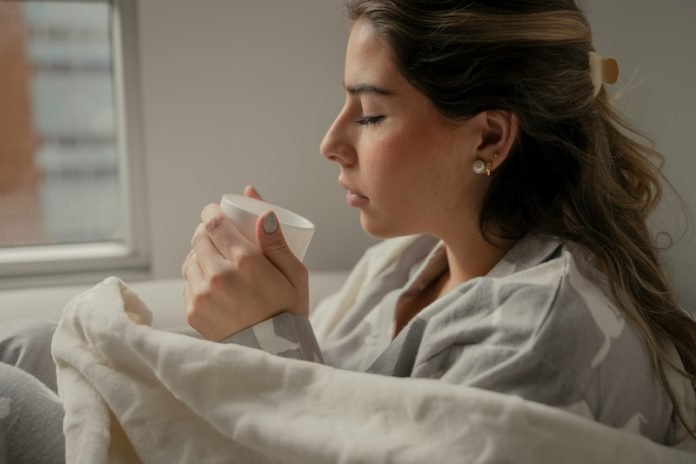
In new research led by the University of York and elsewhere, scientists have discovered an effective way to combat depression and loneliness.
Their method is a structured telephone-based psychological care program, designed to deliver support over eight weeks. This study presents a significant stride forward in mental health care, showcasing the power of connection and conversation in healing.
The findings, published in The Lancet (Healthy Longevity), show a big reduction in depression levels among participants. The effectiveness of the program surpasses that of antidepressant medications.
Remarkably, participants also experienced a 21% reduction in feelings of emotional loneliness over three months, with the benefits enduring well beyond the end of the phone calls.
This suggests a lasting impact from the intervention, offering hope for sustainable mental health improvements.
Launched shortly after the onset of the 2020 pandemic, the Behavioral Activation in Social Isolation (BASIL+ trial) is the largest trial of its kind aimed at targeting and measuring loneliness.
It comes at a crucial time, as the world grapples with the mental health fallout from prolonged periods of isolation due to COVID-19.
The trial focused on individuals over 65 years old with multiple long-term health conditions, a group particularly vulnerable to loneliness and depression during the pandemic’s shielding measures.
This research was identified as a key mental health trial by the NHS, part of its Urgent Public Health program to combat the effects of COVID.
Recruiting hundreds of older adults from across the UK, the study has provided invaluable insights into preventing loneliness, a challenge increasingly recognized by politicians and policymakers worldwide.
The World Health Organization has even declared loneliness a “Global Health concern,” initiating an international commission to tackle the issue.
The results of the BASIL+ trial are poised to contribute significantly to global efforts to understand and prevent loneliness.
In the UK, where the Jo Cox Commission estimates 9 million people are affected by loneliness, these findings could influence national strategies and policies aimed at addressing this silent crisis.
The study’s leaders, Professor Simon Gilbody and Professor David Ekers, emphasized the personal motivation behind their work, driven by witnessing the social isolation of their own older family members during lockdowns.
Their research builds on prior studies to offer a rigorously tested solution to loneliness and depression, highlighting the UK’s leadership in mental health innovation.
As the world reflects on the lessons learned from the pandemic, the BASIL+ trial stands out as a beacon of hope, demonstrating how targeted, compassionate interventions can make a profound difference in the lives of those battling loneliness and depression.
If you care about mental health, please read studies about 6 foods you can eat to improve mental health, and B vitamins could help prevent depression and anxiety.
For more information about mental health, please see recent studies about how dairy foods may influence depression risk, and results showing Omega-3 fats may help reduce depression.
The research findings can be found in The Lancet Healthy Longevity.
Copyright © 2024 Knowridge Science Report. All rights reserved.



